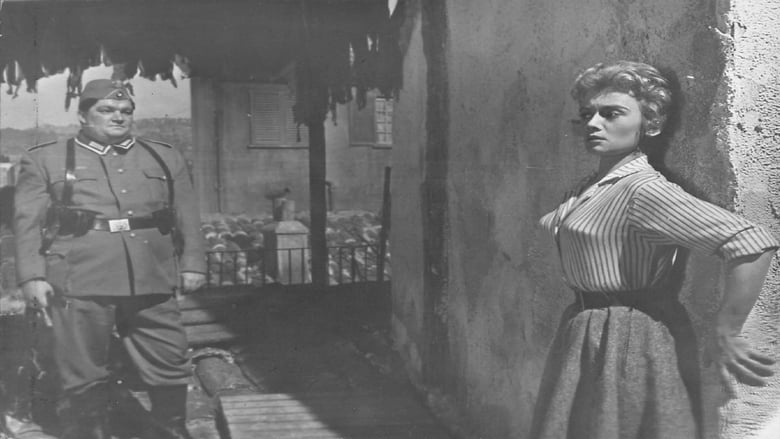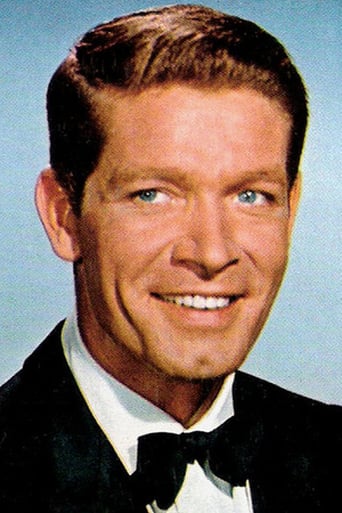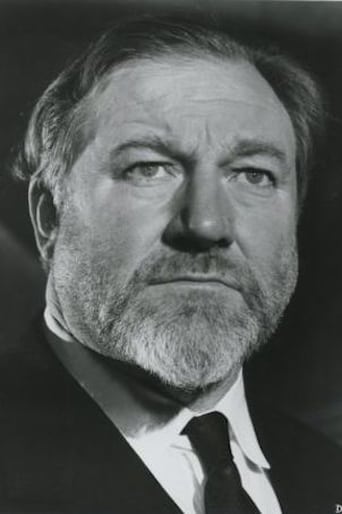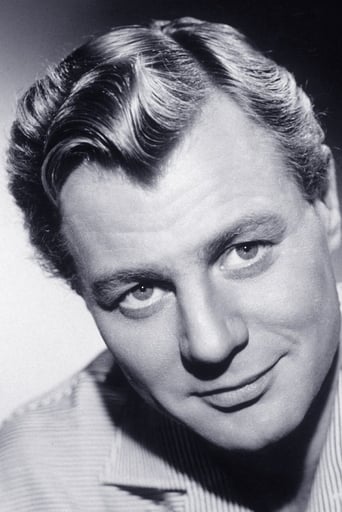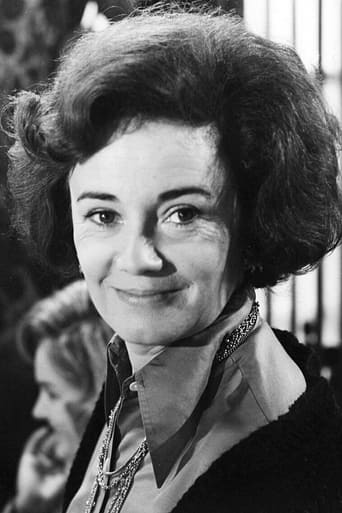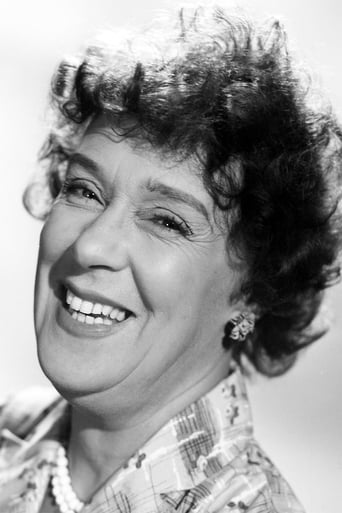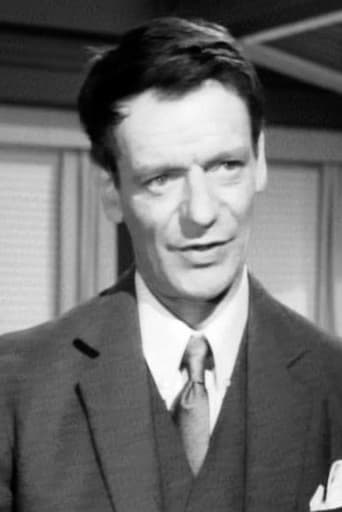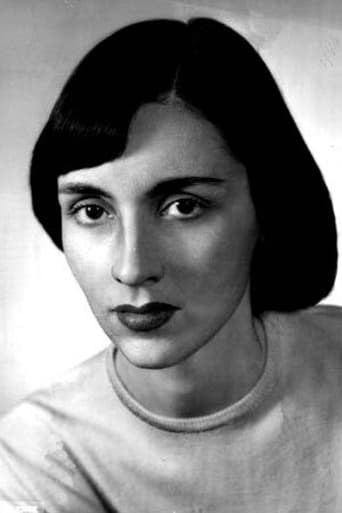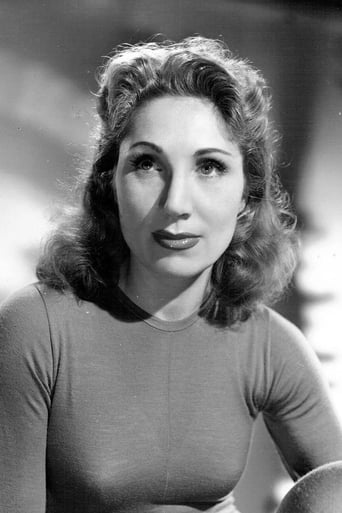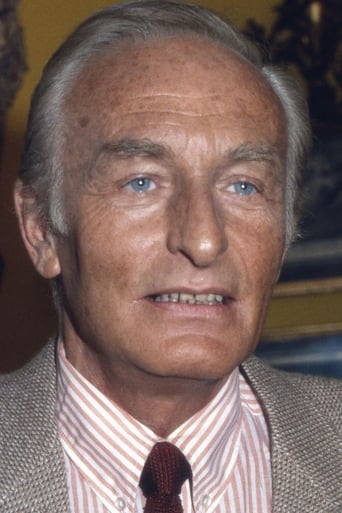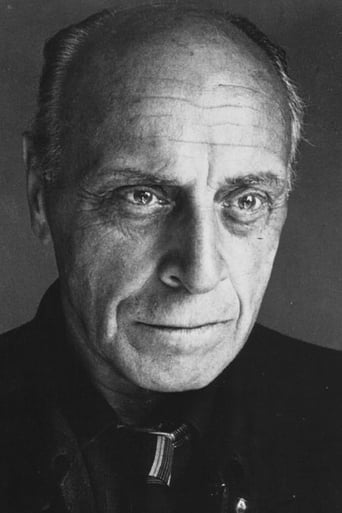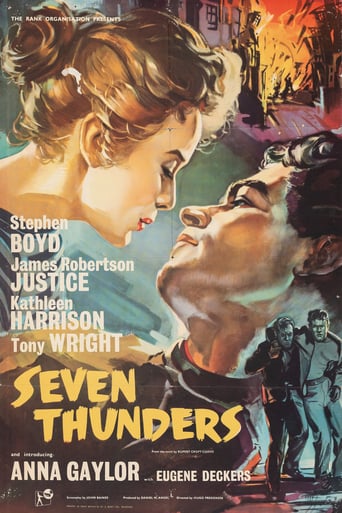
Escaping British prisoners of war hide out in German occupied France.
Similar titles

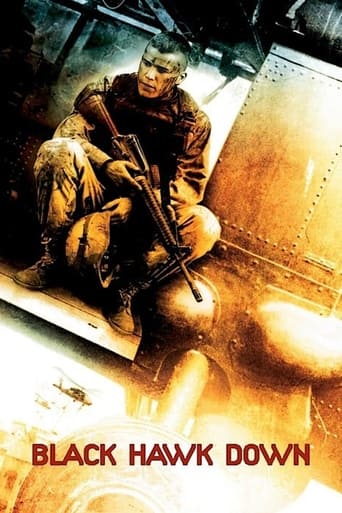
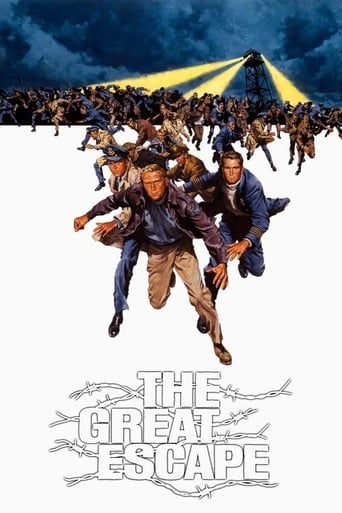
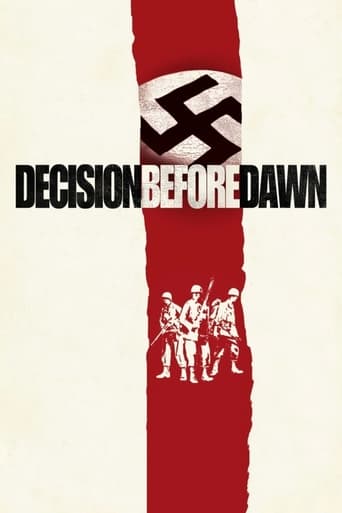
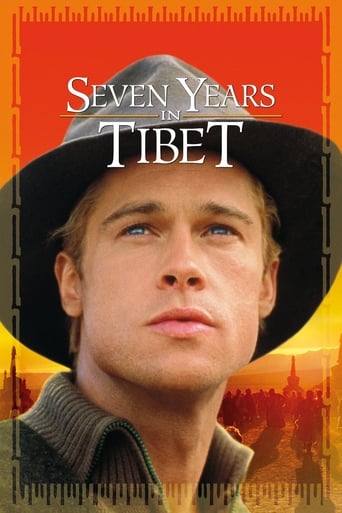


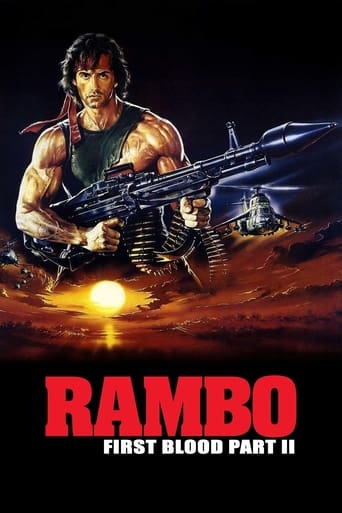
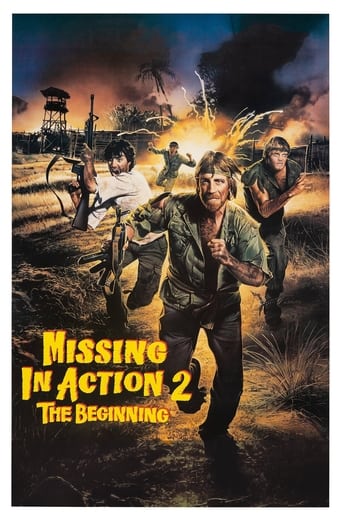
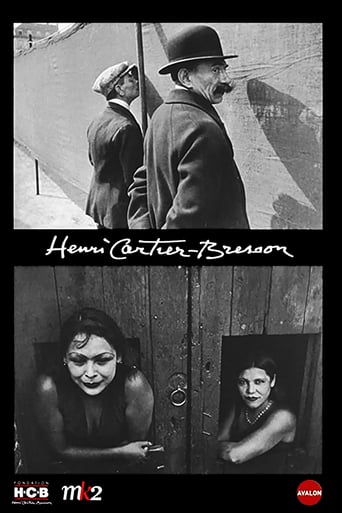
Reviews
I love this movie so much
Redundant and unnecessary.
Bad Acting and worse Bad Screenplay
The movie turns out to be a little better than the average. Starting from a romantic formula often seen in the cinema, it ends in the most predictable (and somewhat bland) way.
SEVEN THUNDERS is a long-forgotten wartime effort that shines a light on one of the darkest events to befall Vichy France. The story is set in the slums of Marseilles, where one particular district provides a haunt for Jews and British hiding out from their Nazi oppressors who are always on the hunt for them. The upshot being that the slums were eventually dynamited, by the Nazis as depicted in this movie.This film is something of a ponderous effort that could do with a bit more suspense in order to keep the slow pace from flagging. The huge tableau of characters means that it's difficult to get to know any one in particular, or indeed sympathise with the individual. Stephen Boyd has something of an action man role, brawling with a Nazi goon on a rooftop in one stand-out action scene, and the rest is a muddle of romantic moments, plot twists, and some mild horror elements. James Robertson Justice is cast against type as a sinister doctor with a fine line in murder and disposing of the bodies of his victims in the quicklime he keeps in the cellar!
This is a remarkable film based upon the horrific true events of January 1943 when the Nazis and their lapdogs the Vichy French dynamited and destroyed the entire First Arondissement of Marseilles, the area known as the Old Port of Marseilles. A great deal of real documentary footage of the buildings being blown up is incorporated into this dramatic film, so the result is terrifyingly convincing, and it reminds us of what is happening today in some of the cities of Syria. The 'seven thunders' of the original film title SEVEN THUNDERS presumably refer to the explosions, though the phrase does not occur in the film dialogue, and the title is never overtly explained on screen. This film has now been released on DVD under its original title and is no longer called THE BEASTS OF MARSEILLES. The story is based upon a novel by Rupert Croft-Cooke (1903-1979). He was a gay man who used to hang out at the Fitzroy Tavern in London's Fitzrovia, where Nina Hamnett and the other artistic and literary Bohemians were often be found in the 1950s, along with Tambimuttu and those two well-known gays, Sir John Waldron and Sir Francis Rose (my wife and I knew the last-named three but never met Hamnett or, knowingly, Croft-Cooke; Francis was Gertrude Stein's 'Rose is a Rose is a Rose', by the way, though it is surprising how few people seem to know that, imagining that she was speaking of a flower). The lead female role in this film is played by the French actress Anna Gaylor. She is by far the best thing in the film, as her charming, cheeky gamine persona lights up the screen. And that took some doing, because Stephen Boyd as the male lead is rather dull and uninspired beside her. At this time Gaylor was 25 and is still with us today, aged 79, having appeared in 121 films, and this one was only her third feature film, as her career only started the year before, in 1956. This film must have boosted her career a lot, as she is so cute she is really irresistible. Even Stephen Boyd cannot resist her, and for a block of wood, that says something. There is a weird sub-plot to this story, in which a psychotic murderer pretends to help Jews and others escape the Vichy police. He is played by James Robertson Justice with a creepy urbanity. It is his habit to offer a glass of drugged cognac to fugitives. Then they fall asleep, he takes their money, and carries them to the basement where he dissolves their bodies in quicklime. Quick lime, quick fortune. He lives in a very well-furnished house indeed, full of valuable antiquities earned from his ghastly career. He is keen to murder his 100th victim. Will he live long enough to reach his target number? He reminds me of the quiet murderer portrayed by Jules Romains in his MEN OF GOOD WILL series of novels. Such people always send a chill up one's spine, or down one's spine, depending upon temperament and whether one is standing on one's head or not. I suppose that some yogis in that position have descending rather than ascending kundalini, but Pātanjāli does not discuss that technicality. There is an odd feature to this film, however, and I must call attention to it. All the 'bad guys' who destroy the Old Port are shown as Germans in uniform. But the truth is entirely different. Try typing 'Battle of Marseille' into Google and go to that entry in Wikipedia, and you will see what I mean. (They leave the 's' off Marseilles, not sure why.) What really happened is that this was all done by the Vichy French police, who were more eager to kill Jews than the Gestapo themselves, and who grovelled on their bellies to the Nazis like the slimy worms they were. Their motto seems to have been: 'Whom can we kill for you today, can't you think of someone? Heil Hitler! Let me lick your jackboots!' Why was all of this omitted from the film and German soldiers substituted instead? The entire idea was carried out by the revolting traitor, René Bousquet, who was such a close chum of Francois Mitterand that he used to visit him for chats about the good old days after Mitterand became President of France. Mitterand, who posed as a socialist to gain power, had been a keen Vichy official working for the Nazis. No hypocrisy there, surely! 120 French police inspectors travelled from Paris to supervise the work and altogether 12,000 French police implemented the plan. 30,000 French people were forcibly evacuated from their homes, 2,000 arrested and send to the death camps, and 1,500 buildings were blown up in a single day, most of them containing the possessions of the ousted inhabitants. And all this was done by the French, willingly and enthusiastically, not by the Nazis themselves. The depths of evil, treachery, and betrayal against their fellow countrymen by the Vichy authorities laid the basis for the fantastic immorality and corruption of modern French business and politics. The French people know this, and that is why the French thrillers such as TELL NO ONE (2006, see my review) always have a corrupt politician or sinister state plot in the background. The fact is that the French people do not trust those in authority over them and have not done so since Vichy, and with good reason. After all, when you end up with a supposedly left-wing President who was really a Vichy traitor, and when you narrowly avoid having the appalling and now disgraced Strauss-Kahn as President, not to mention the most snobbish man in France, Giscard d'Estaing, also as a past President, what hope is there? But why were the Vichy French crimes suppressed in this film? That is a very good question.
Many films have ambiguous titles, but why "Seven Thunders"? Was this the title of the book from which this film was derived? Can anyone explain? Did I miss something in this slow and ponderous film? The whole storyline did not ring true. Where were the escapees going to from Marseilles? Spain would seem the obvious choice. Was this in fact an actual escape route for Allied POWs from Italy? The film was interesting from the fact that a lot of it was shot on location, but overall it was a very disappointing use of a talented cast! Interesting to see Stephen Boyd in an early screen role. Sad that his career appeared to peter out and that he died young.
It's 1943, and the Germans are in control of the French port of Marseilles. Although the Nazis seem to be having plenty of fun at the local bordellos, they're upset by the amount of crime in the poor part of town, and suspicious that anti-Nazi plots are hatching there. They're absolutely right. At the beginning of the film, we meet two British soldiers who escaped from a POW camp, and are hunkering down in a tiny apartment, waiting for a chance to sail to England. But they can't possibly obey orders and stay in that apartment, so they venture out, and through them we gradually meet the rest of the people in the building and the local area. There's the charming girl next door who's also a petty thief (Anna Gaylor, looking a lot like a young Jessica Lange), an ex-pat Cockney lady with a knack for self-preservation (Kathleen Harrison), a fat and vicious Nazi with an eye for the ladies, and a sinister gentleman named Dr. Martout (James Robertson Justice) who claims to be helping refugees flee the country, but may in fact be in a completely different line of work.The script skillfully weaves all these story lines together, and keeps the tension turned up throughout. Although the opening credits label this "A British FILM" shot at Pinewood, much of it is shot on location, so the city of Marseilles plays a key role. Why is this fine- looking film, with a very competent cast and arresting visuals, so little known? This is an excellent, off-beat addition to the canon of WW2 movies.
Top Streaming Movies











